What is 1,4-BD?
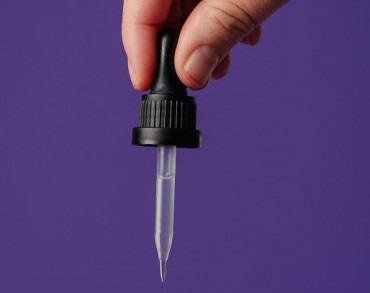

You might have heard about 1,4-BD being sold in New Zealand. But what is it, and what are its effects?
High Alert has been keeping an eye on the increasing trend of GBL/GHB consumption across New Zealand, and in the process, we’ve come across more reports of 1,4-Butanediol (1,4-BD) being available.
1,4-BD, like GBL, is converted to GHB in the body once ingested, producing identical effects. These substances are often referred to as ‘precursors’ or ‘prodrugs’. It’s a chemical and is industrially used to make floor stripper, paint thinner, and other solvent products.
In 2021, we issued a notification about the toxic chemical diethylene glycol being sold as 1,4-BD in Auckland. Another notification was issued in April 2022 after further harm in Auckland.
Stay safer by staying informed. Sign up to receive alerts and notifications about any dangerous drugs in NZ. Check out the alerts page to see what we've already found.
What are the effects of 1,4-BD?
1,4-BD converts to GHB in the body, which means it has the same effects. However, it is potentially a stronger and more unpredictable than GHB, with different onset times. 1,4-BD reportedly has a slower onset time than GHB, meaning it might take longer to feel the effects. This can be impacted by physical and environmental factors.
It is a central nervous system depressant, which means it slows the body down. 1,4-BD generally comes as a clear, oily liquid, with a bitter, salty taste. It’s usually mixed with water or soft drinks, and swallowed. It is sold in small bottles or capsules.
People who take 1,4-BD, GBL or GHB report feeling euphoric, with a loss of inhibitions, increased confidence and higher libido. Other effects can include:
- Hallucinations
- Problems with vision
- Drowsiness
- Dizziness
- Slow heart rate
- Nausea or vomiting
- Memory loss
- Loss of consciousness
What are the risks of taking 1,4-BD?
A big risk is that often 1,4-BD or GBL is sold as GHB. As these substances all have different potency and onset times, it makes dosing unpredictable and potentially dangerous. You can’t assume that what you think is GHB is actually GHB, and not 1,4-BD or GBL, and vice versa. It’s also referred to as G, fantasy, liquid ecstasy, rinse, juice, and wazz.
It’s very easy to overdose because the doses are very small, and strength can vary a lot from bottle to bottle. This means the difference between the desired effect and an overdose could be a matter of millilitres. This is particularly problematic if you think you have 1,4-BD, but you actually have GBL, which requires a much smaller dose. There’s also an increased overdose risk when people re-dose too soon after their previous dose.
The sedative nature of the substance can leave a person incoherent or even unconscious, and unable to give consent. People who take it also often report a loss of inhibitions and a higher libido.
As mentioned, it’s a central nervous depressant, which means it slows down brain activity, and effects bodily functions like breathing and the heart. This makes it particularly risky for people with existing heart or breathing problems, epilepsy, sensitivity to other central nervous system depressants, or general poor health.
While mixing substances is always a bad idea, this is especially true with 1,4-BD and other depressants like alcohol. Mixing them can lead to nausea, breathing problems and even death. It can delay the time it takes for the effects to kick in – this can lead to re-dosing which increases the risk of overdose.
Evidence is emerging that dependence on GHB/GBL can develop quickly, with rapid onset of unpleasant withdrawal symptoms like hallucinations, insomnia, tremors, psychosis, severe anxiety, chest pains, and muscle aches. These effects can begin within 1-2 hours after the last dose, and can last a number of days.
Withdrawal can pose serious health risks. If you’re worried about your use of GBL and want to stop using it, please get medical advice. You can also call the Alcohol Drug Helpline on 0800 787 797, or text 8681, for confidential, non-judgmental expert advice. It’s free and open 24 hours every day. Check out the NZ Drug Foundation for more information on managing withdrawal.
While no drug use is safest, there are some steps that can help reduce the risks from taking 1,4-BD.
Because there is such a fine line between the amount required for the desired effects and the amount which leads to overdose, it’s important to take extreme care with dosing. Remember, smaller doses pose less risk, especially since it’s very difficult to know how strong any particular batch is.
Avoid re-dosing, and don’t assume you can take the same amount as your friends – people can react very differently to this substance. Also, because there is such variation between onset times, a tiny increase in dose can cause a big increase in effects, especially if you’re not sure if you have 1,4-BD, GBL or GHB. A drug checking service can help minimise the risk.
Treat every bottle of 1,4-BD with caution and don’t assume it’s the same strength, even if it all came together. Due to the chemical differences between 1,4-BD, GBL and GHB, it’s also safest to not mix different bottles in case they’re not the same thing.
Avoid mixing with alcohol, and other depressants like ketamine. This can lead to nausea, breathing problems, even death. If vomiting or convulsions occur, immediately call 111 and tell emergency staff what the person has taken. You won’t get in trouble.
This substance affects your memory, so always record the time you’ve taken the dose and keep in a visible place.
Store it safely, especially out of the reach of children. If you can, use food colouring to identify it so it doesn’t accidentally get mixed in with other drinks or water. This can reduce the possibility of accidental use or overdose.
Avoid frequent use – if you are experiencing withdrawal symptoms, please seek medical advice before stopping.
As with all drug use, it’s safest to have people around that you trust and who have knowledge of first aid. Don’t take it alone or with strangers.
Remember, always call an ambulance if someone:
- is unconscious;
- stops breathing;
- has a seizure;
- is extremely agitated for longer than 15 minutes;
- has chest pain or breathing difficulties for longer than 5 minutes.
Call 111 immediately and then place the person in the recovery position and stay with them until the ambulance arrives. Tell the emergency responders what the person has taken – you won’t get in trouble and this can save someone’s life.
If you’re worried about your own drinking or drug taking, you can reach out to the Alcohol Drug Helpline on 0800 787 797, or text 8681. You'll be able to speak with a trained counsellor who can provide you with helpful information, insight, and support. They’re available 24/7, all calls are free and confidential. You can also chat to them online through the website.
Latest News
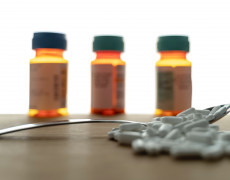
26 Apr 2024
Overdosing on opioids
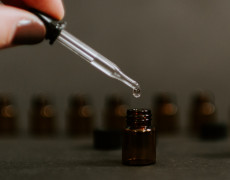
24 Apr 2024
Increased harm linked to the use of GBL-type substances in New Zealand
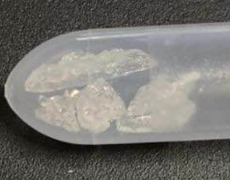
23 Apr 2024
Industrial chemicals sold as methamphetamine
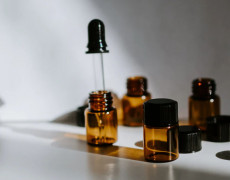
15 Apr 2024
Thinking of using GBL/GHB?
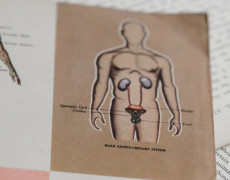
12 Apr 2024
Ketamine and bladder damage – know the risks
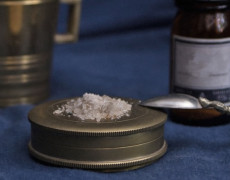
8 Mar 2024
Synthetic cathinones explained
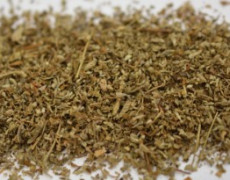
22 Feb 2024
What’s happening with synthetic cannabinoids?
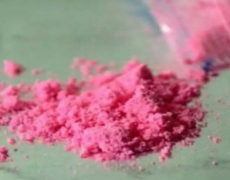
31 Jan 2024
What is tuci?
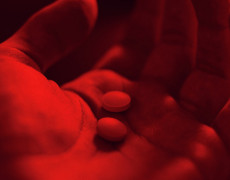
19 Jan 2024
Answering some common questions about MDMA

10 Jan 2024
Understanding the risks of the comedown
